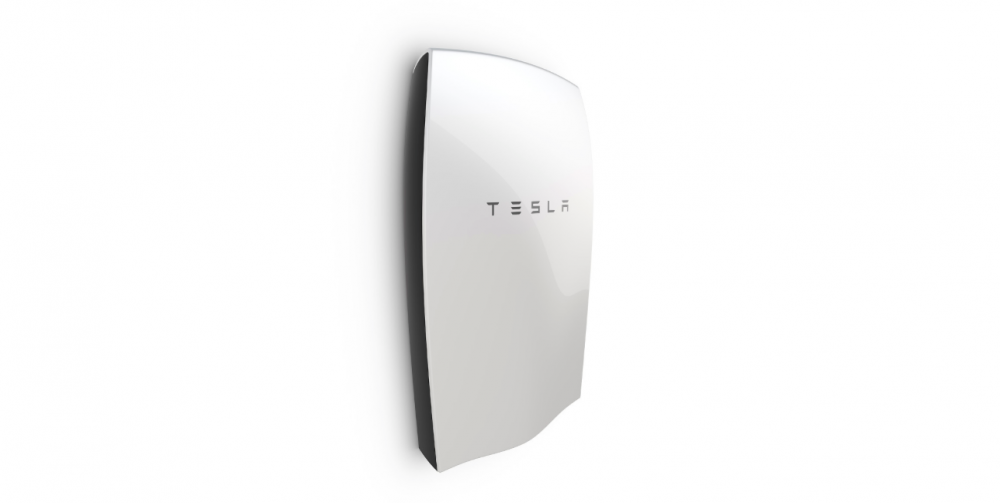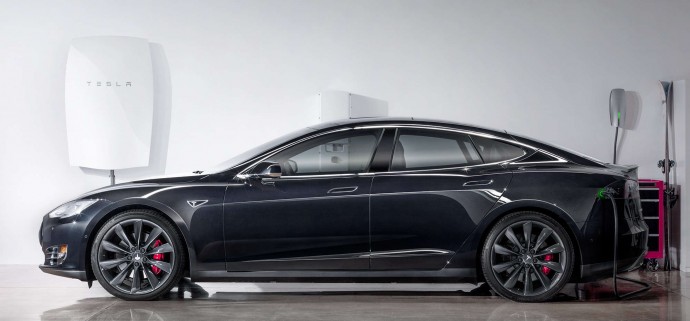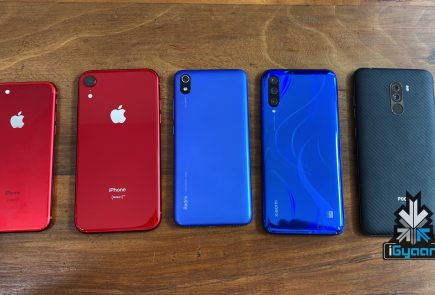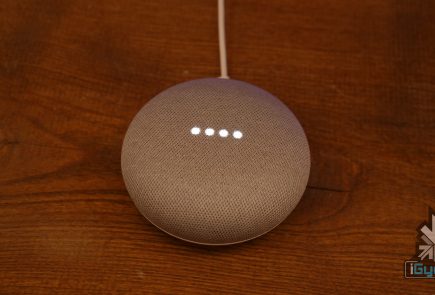Tesla Introduces Compact ‘Powerwall’ Batteries to Help Homes Run on Solar Energy

Tesla is not just an automotive company anymore. The American maker of high-tech automobiles has today dived into the energy domain and is making inroads into the residential and business battery business territory. The Founder of Tesla, Elon Musk at its design studio unveiled a new line of product for homes and for businesses, an ambitious plan to power the world through batteries. Called as Powerwall, the set of batteries can run all the household goods on the 10kWh battery, shifting the load from grids to the Tesla-made invention.
Elon Musk stated at the event –
Our goal is to fundamentally change the way the world uses energy. It sounds crazy, but we want to change the entire energy infrastructure of the world to zero carbon.
What is Tesla Powerwall and How Does it Work?
The Tesla Powerwall is nothing but a suite of rechargeable lithium-ion batteries that are “completely sustainable, zero carbon”. It is designed to generate energy from solar power and then store it at a residential level for occasional outage. It also benefits at the time of load shifting and backup power and self-consumption. The battery unit fits on any wall and integrates with the local grid to harness excess power and gives users the luxury to draw the energy of their own reserve.
The Powerwall increases the capacity for a house with solar panels, while it also offers backup functionality during grid outages. It can power your Tesla, your home and of course, your workplace. The business-grade battery is termed as PowerPack.
How Will it Benefit Buyers
For household use, the Powerwall will provide financial savings. It will keep on charging during low-rate periods, and when the electricity rates are expensive, you can use the stored power. It can store surplus solar energy for use after sunset. The Powerwall majorly comes to use when the power grids fail. It assures electricity in those helpless circumstances.
For business, the PowerPack offers maximum consumption of on-site clean power. Users can buy electricity when it’s cheapest and can avoid peak demand charges. The crucial business operations can be backed up.
Price and Availability
The Tesla Powerwall costs $3500 for 10kWh and $3000 for 7kWh. It will be available through installation partners in “three or four months”. Musk has partnered with partners such as Treehouse, Solar Edge and Green Mountain Power. Also, it has stakes in a California-based solar power company, Solar City. The Powerwall can be installed within an hour through specialised employees.
Elon Musk stated, “We’re working with certified installers for the Powerwall. It’s designed to be easy to install, with two people in maybe a half an hour to an hour.”
As per Musk, it gives security, freedom and peace of mind. He further commented that a total of 2 billion Powerwalls are required to meet the energy demands of the entire world. The 10kWh Powerwall will come in different colours and will be launched in Germany by the year-end.

























